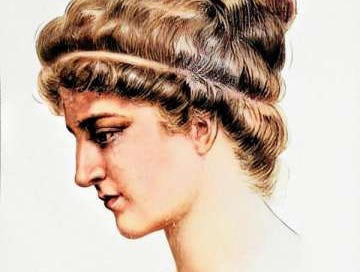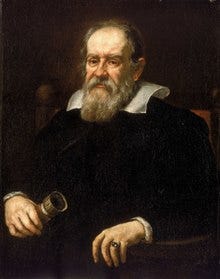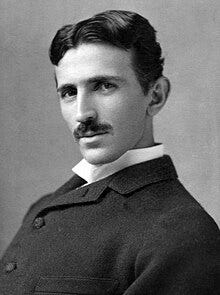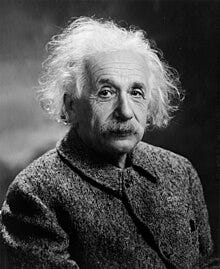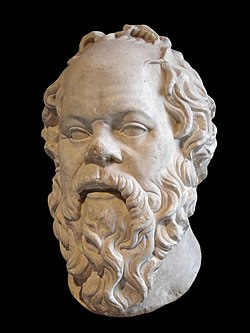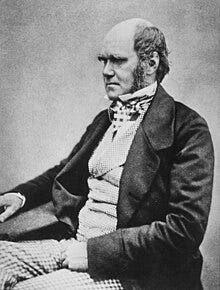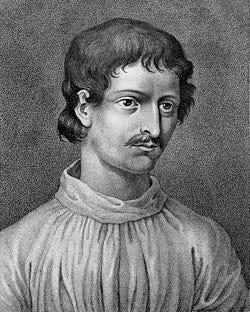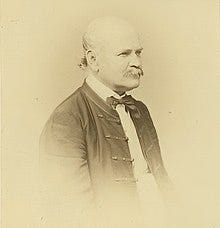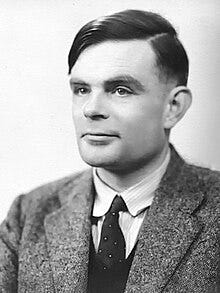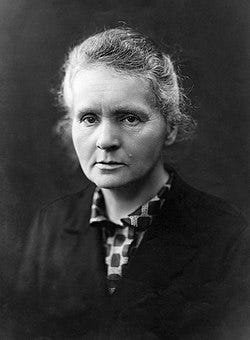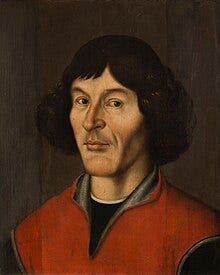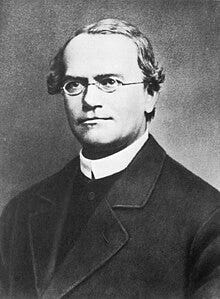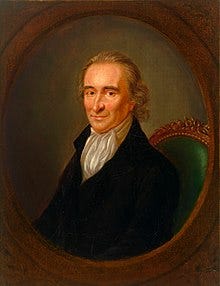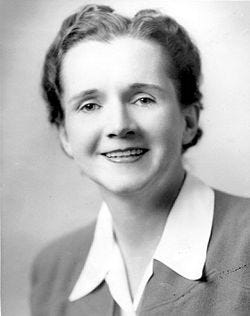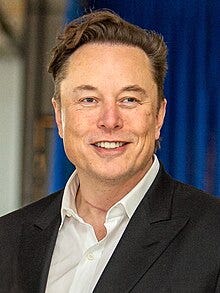Elon Musk: Genius the World Loves to Hate
Why it is only after they are gone, they are truly appreciated
In the annals of history, a recurring tragedy unfolds: the brightest minds—those rare geniuses like Galileo Galilei, Nikola Tesla, and Albert Einstein— who are brave enough to illuminate the shadows of convention, only to be met with scorn, ridicule, and opposition from a world unready for their brilliance. Some are literally even burnt at the stake.
These disruptors, invent ideas that fracture entrenched norms and threaten vested powers, are always despised in their own time. Their ideas are killed by the resistance from contemporaries, institutions, or society itself.
Today, as we witness the tumult surrounding Elon Musk—a modern titan of innovation—a modern day Einstein - we are reminded that this timeless pattern persists: genius is seldom embraced until its bearer is gone. I pray this time is different.
Let’s go thru history…. a short list of 14 legends:
Galileo Galilei (1564–1642)
Disruption: Advocated the Copernican theory that the Earth revolves around the Sun, contradicting the Church’s geocentric view.
Opposition: Faced trial by the Roman Inquisition, was forced to recant, and spent his final years under house arrest. His work was banned, and he was vilified by religious authorities.
Nikola Tesla (1856–1943)
Disruption: Pioneered alternating current (AC) electricity, clashing with Thomas Edison’s direct current (DC) system, and proposed radical ideas like wireless energy transmission.
Opposition: Ridiculed by Edison and his supporters during the "War of the Currents," Tesla was marginalized later in life, dismissed as eccentric, and died in obscurity despite his genius.
Albert Einstein (1879–1955)
Disruption: Developed the theory of relativity, upending Newtonian physics and challenging conventional notions of space and time.
Opposition: Faced antisemitic attacks in Germany, with some scientists like Philipp Lenard denouncing his work as "Jewish physics." His ideas were initially resisted by traditionalists in the scientific community.
Socrates (c. 470–399 BCE)
Disruption: Questioned societal norms and authority through his philosophical inquiries, encouraging critical thinking over blind acceptance.
Opposition: Accused of corrupting the youth of Athens and impiety, he was sentenced to death by drinking hemlock.
Charles Darwin (1809–1882)
Disruption: Proposed the theory of evolution by natural selection, challenging religious creationist views.
Opposition: Vilified by religious leaders and conservative thinkers who saw his ideas as heretical; his work faced bans and public backlash.
Giordano Bruno (1548–1600)
Disruption: Expanded on Copernicus’ heliocentric ideas, suggesting an infinite universe with no center, contradicting Church doctrine.
Opposition: Burned at the stake by the Roman Inquisition for heresy, seen as a threat to religious and philosophical orthodoxy.
Ignaz Semmelweis (1818–1865)
Disruption: Advocated handwashing to reduce childbirth infections, challenging medical practices of the time.
Opposition: Mocked and ostracized by the medical establishment, leading to his institutionalization and early death; his ideas were only accepted posthumously.
Alan Turing (1912–1954)
Disruption: Laid the foundations of modern computing and artificial intelligence, while breaking societal norms as an openly gay man in mid-20th-century Britain.
Opposition: Persecuted for his homosexuality, chemically castrated by the government, and driven to suicide; his contributions were underappreciated during his lifetime.
Marie Curie (1867–1934)
Disruption: Marie Sklodowska-Curie pioneered research on radioactivity, breaking gender barriers in science and challenging male-dominated academia.
Opposition: Faced sexism and skepticism from peers; her foreign origins (Polish in France) and personal life drew public scorn despite her Nobel Prize wins.
Copernicus (1473–1543)
Disruption: Proposed heliocentrism, shifting the Earth from the center of the universe, undermining medieval cosmology.
Opposition: His book was published just before his death, avoiding direct persecution, but the Church later banned it, and his ideas were attacked for decades.
Gregor Mendel (1822–1884)
Disruption: Established the principles of genetics through pea plant experiments, overlooked in his time as they contradicted prevailing theories of inheritance.
Opposition: Largely ignored by the scientific community during his life; his work was rediscovered and celebrated only after his death.
Hypatia (c. 350–415 CE)
Disruption: A female philosopher, mathematician, and astronomer in a male-dominated world, teaching Neoplatonism in Alexandria.
Opposition: Brutally murdered by a Christian mob, possibly due to her pagan beliefs and influence, amid rising religious tensions.
Thomas Paine (1737–1809)
Disruption: Authored revolutionary works like Common Sense and The Age of Reason, challenging monarchy and organized religion.
Opposition: Reviled by religious and political authorities, he died in obscurity, with few attending his funeral due to his radical views.
Rachel Carson (1907–1964)
Disruption: Exposed the dangers of pesticides in Silent Spring, challenging the chemical industry and environmental policies.
Opposition: Attacked by industry leaders and scientists as a hysterical woman, her work faced fierce pushback but later spurred the environmental movement.
These figures, like Galileo, Tesla, and Einstein, were disruptors whose ideas threatened entrenched powers—whether scientific, religious, political, or social—leading to hatred or resistance in their lifetimes. Many were vindicated only after death, their legacies growing as their contributions reshaped the world. Once again, I hope the world is smart enough to make this time different.

